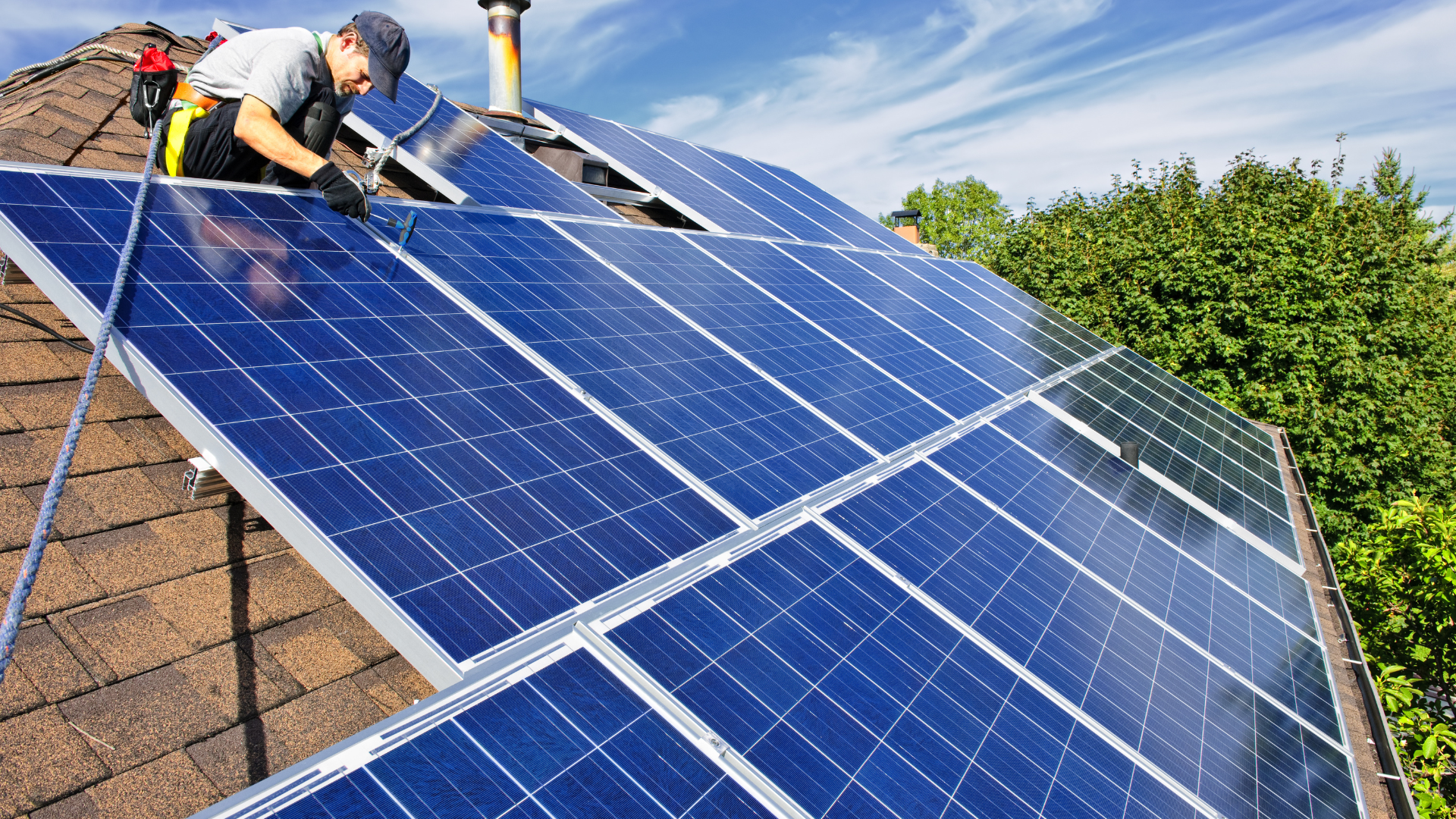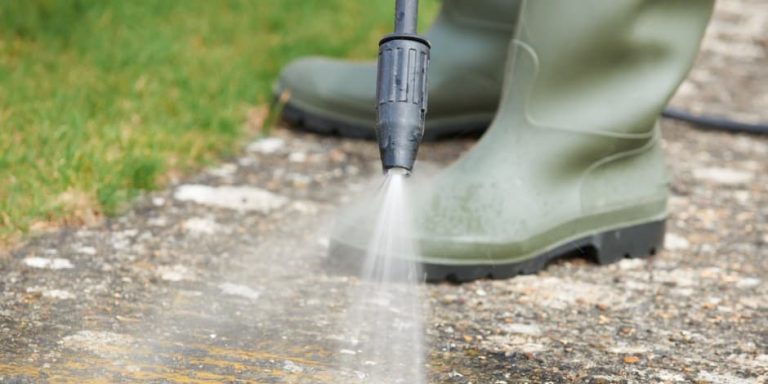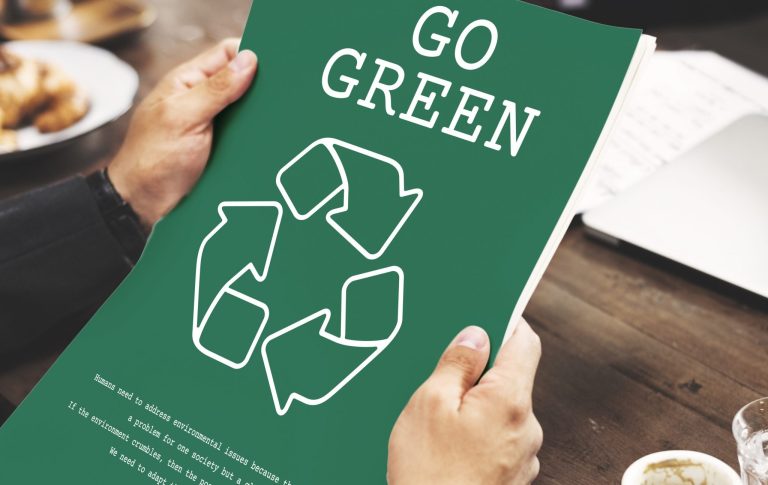
Solar panels are becoming a popular feature on homes and commercial buildings as more people turn to renewable energy sources. But while keeping panels clean is essential for optimal energy production, some people overlook the potential side effects of runoff, especially from nearby power washing.
Can runoff from power washing really reduce the efficiency of solar panels? The short answer is: yes, under certain conditions. Let’s take a detailed look at how it happens, why it matters, and how to prevent it. 🌞
⚡ Why Solar Panel Cleanliness Matters
Solar panels are designed to absorb sunlight and convert it into electricity. But:
- Dust, pollen, bird droppings, and grime can block sunlight
- Even a light layer of dirt can reduce efficiency by 5–15%
- Dirty panels require more time to produce the same energy output
It’s no wonder that homeowners and facility managers invest in cleaning—but few consider how nearby power washing activity can actually make things worse.
💧 What’s in Power Washing Runoff?
Runoff from power washing isn’t just water. It often contains:
- Detergents or soaps, some of which can leave a residue
- Oils, grease, or fuel byproducts from driveways or garages
- Paint flakes or plastic particles from surfaces being cleaned
- Organic debris, like mold spores, algae, and mildew
- Sediment, sand, and dirt from concrete or siding
When this mix gets blown or splashed onto nearby solar panels, it can create a hazy film or buildup that reduces light absorption and increases maintenance frequency.
🌦️ Common Scenarios That Lead to Contamination
Here are a few ways runoff from unrelated power washing ends up on solar panels:
- Roof cleaning: Washing the roof can dislodge years of debris and algae, which flows downward and pools near solar panel mounts.
- Gutter flushing: Water mixed with leaves, grime, and roofing particles can splash upward or sideways.
- Wall or siding washing: Spray overspray or mist can drift up and settle on panels, especially on flat or low-pitched roofs.
- Driveway pressure washing: Mist or splash from powerful machines can carry contaminants over long distances.
☁️ How Contamination Reduces Efficiency
Solar panels rely on their photovoltaic (PV) cells being exposed to direct sunlight. Any obstruction—even microscopic—is a problem.
Contamination from runoff can cause:
- A thin film on the glass, reducing light penetration
- Spots or streaks that create uneven energy output
- Mineral deposits that harden in the sun and require manual removal
- Corrosion of mounting hardware or frames, if chemical runoff is present
Over time, this buildup affects the system’s overall yield, especially in off-grid or battery-based systems where every watt counts. ⚡
🧪 Are Certain Cleaning Agents Worse?
Absolutely. If a power washer uses:
- Detergents with phosphates
- Bleach or ammonia-based agents
- Solvents or degreasers
… these can be especially problematic. Many of these chemicals are not safe for glass or photovoltaic materials. Even if not directly sprayed on the panels, airborne mist or wind-blown droplets can cause a reaction or leave stains.
🛑 Signs Your Panels May Be Affected
If you’ve recently had power washing done near your panels, look for:
- Cloudy appearance or residue on the panel surface
- Lower energy output than expected for the time of year
- Uneven dirt patterns, suggesting runoff or splashing
- White stains or crusts, often from minerals in runoff
These are all signs that nearby cleaning has compromised your system.
✅ How to Protect Solar Panels from Power Washing Runoff
Here are proactive steps to safeguard your investment:
🧱 1. Block and Shield
Before power washing:
- Use tarps or temporary barriers to cover panels
- Drape plastic sheeting over mounting systems
- Place gutter guards to redirect dirty water
💦 2. Power Wash Strategically
- Always clean top-down to avoid backflow
- Start with gentle pressure to reduce splash
- Avoid cleaning on windy days, which increases drift
🧼 3. Clean Panels Separately
Panels should only be cleaned using:
- Soft brushes
- Distilled or deionized water
- Solar-safe detergents (no ammonia or phosphates)
- Non-abrasive microfiber cloths
Never use a high-pressure setting on the panels themselves.
🧑🔧 4. Hire Experts
Some companies specialize in solar panel cleaning, and can evaluate whether any runoff-related damage has occurred. They may also apply a hydrophobic coating to reduce future buildup.
🔋 Efficiency Over Time: The Long-Term Cost
If solar panels lose even 10% efficiency due to buildup, it can mean hundreds of dollars in lost energy over the life of the system. For commercial buildings or multi-panel systems, the numbers are even higher. Preventing contamination is more cost-effective than dealing with permanent damage or accelerated wear. 💸
🌎 Final Thoughts
While pressure washing is excellent for surface maintenance, it can unintentionally harm solar energy systems when runoff isn’t controlled. If you or a contractor are cleaning near solar panels, always take extra precautions to protect your renewable energy investment.
Because what good is clean siding if your solar system is running dirty? ☀️✅
Browse Amazon Here For Popular Pressure Washers And Accessories






